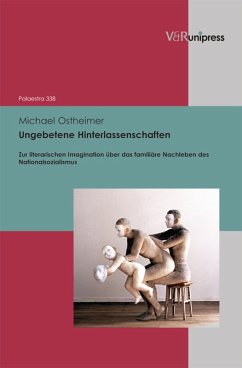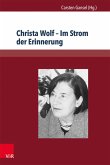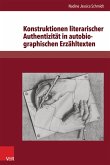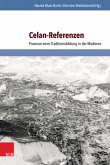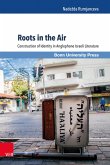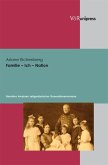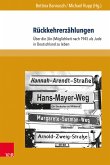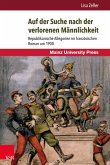Beginning with the omnipresent theme of the family in German-language literature at the beginning of the 21st century, this study examines the after-effects of the Nazi era on family dynamics. It deals with narrative texts by German-language authors (from Alfred Döblin to Wolfgang Hildesheimer, Wolfgang Hilbig and Stephan Wackwitz), in which the after-effects of National Socialism lie at the epicentre of perpetrator families. The focus is not so much on the reconstruction of what actually happened and how it is remembered, but on secrets and gaps still orbiting within the family microcosm today. The study, which combines typological with literary-historical interest, confronts the family microcosm using the concept of telescopic imagination. This concept describes the transgenerational transmission of Nazi history within the family and seeks to reflect on literary and historical aspects of this process.
Dieser Download kann aus rechtlichen Gründen nur mit Rechnungsadresse in A, B, BG, CY, CZ, D, DK, EW, E, FIN, F, GR, H, IRL, I, LT, L, LR, M, NL, PL, P, R, S, SLO, SK ausgeliefert werden.

